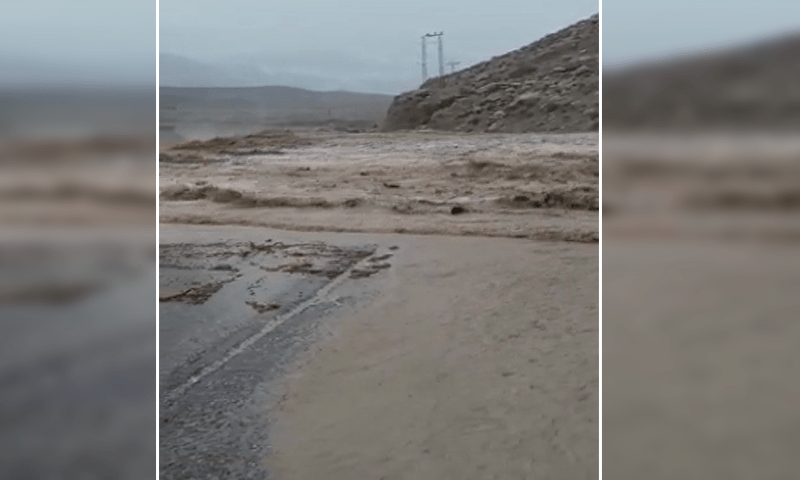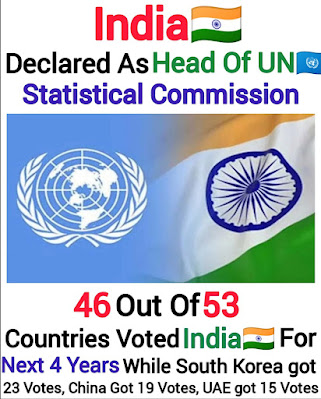India, UAE sign agreements to settle trade in rupees
The MoU on using national currencies will put in place a Local Currency Settlement System (LCSS) to promote the use of the rupee and dirham. The agreement covers all current account transactions and permitted capital account transactions.
Educational authorities of the two sides also signed a memorandum of understanding (MoU) on establishing a campus of the Indian Institute of Technology (IIT)-Delhi in Abu Dhabi after Modi arrived in the capital of the Emirates following a visit to France.
The UAE has had a special place in India’s efforts in recent years to increase its engagement in areas ranging from trade to security with West Asian states. The Emirates is home to 3.5 million Indian expatriates, who account for about 30% of the country’s population. Bilateral trade got a boost with the signing of the Comprehensive Economic Partnership Agreement (CEPA) in February 2022.
On his arrival in Abu Dhabi, Modi was received at the airport by Crown Prince Sheikh Khaled bin Mohamed bin Zayed Al Nahyan. He then held talks with UAE President Sheikh Mohamed bin Zayed Al Nahyan at the Qasr Al Watan presidential palace.
Modi and Sheikh Mohamed bin Zayed witnessed the signing of two MoUs between the Reserve Bank of India (RBI) and the Central Bank of UAE for establishing a framework to use national currencies for cross-border transactions and cooperation in interlinking payment and messaging systems, and another MoU between India’s education ministry and Abu Dhabi authorities for setting up the new IIT-Delhi campus.
In a tweet, Modi described the agreements between the two central banks as a “very important aspect of India-UAE cooperation” and said they paved the way for enhanced economic collaboration and made international financial interactions simpler.
Modi and Sheikh Mohamed bin Zayed, who held both delegation-level and one-on-one talks, discussed bilateral cooperation in a range of areas, including trade, investment, fintech, energy, renewables, climate action, higher education and people-to-people ties. “Our nations are working together on so many issues aimed at making our planet better,” Modi said in another tweet.
The MoU on using national currencies will put in place a Local Currency Settlement System (LCSS) to promote the use of the rupee and dirham. The agreement covers all current account transactions and permitted capital account transactions. The LCSS will enable exporters and importers to pay in their respective domestic currencies and enable the development of an INR-AED foreign exchange market.
This arrangement will also promote investments and remittances between the two sides, the RBI said. The use of local currencies will reduce transaction costs and settlement time, including for remittances by Indians in the UAE.
India could use this mechanism to pay for imports of oil and other commodities from the UAE, its fourth-largest energy supplier. India currently pays the UAE in dollars for oil.



Comments
Post a Comment